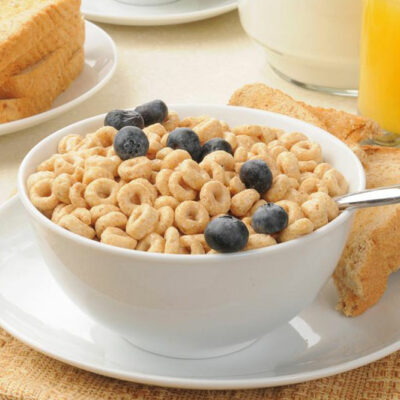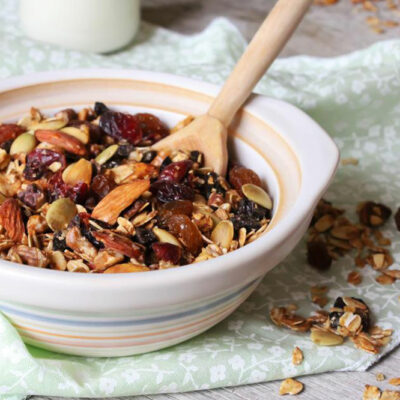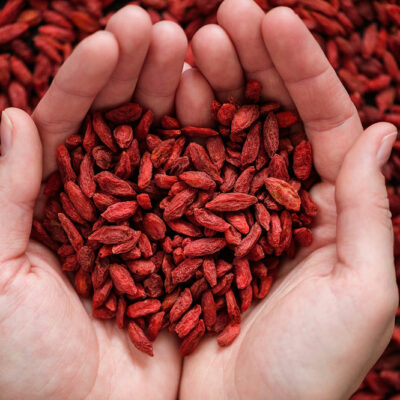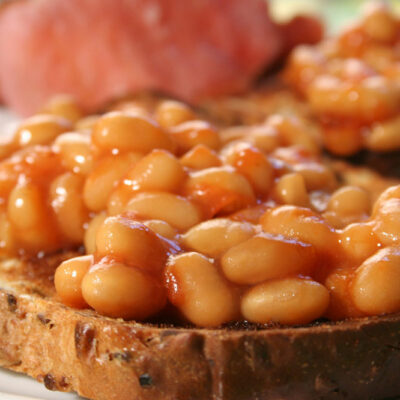
Health
5 Foods That Trigger the Symptoms of IBS
Diet has a huge impact on Irritable Bowel Syndrome (IBS). Consuming food products that trigger any of the symptoms of IBS can cause a lot of disruption in everyday activities and leave the individual feeling weak too. So, it is necessary to make sure that any of these trigger foods are avoided from the diet for an IBS patient. While trigger foods can differ from one individual to another, some products have a reputation for triggering symptoms. Monitoring these more carefully or entirely avoiding them would be advisable. Some of these popular triggers are as follows: Wheat: Wheat is considered to be healthy, in general, because of its high fiber content. However, the high-fiber content in wheat could be problematic for IBS patients. In addition, wheat contains gluten, which is harmful to people suffering from celiac disease. Consumption of gluten with celiac disease can also result in an autoimmune reaction to the small intestine and cause serious repercussions. Many IBS patients also suffer from celiac disease, so wheat can be a strong trigger and should be avoided. High-FODMAP fruits: These are fruits that have short-chained carbohydrates like fructose. These types of carbohydrates can be difficult to absorb and can create a lot of issues among people with IBS due to their osmotic and fermentation effects.
Read More 















